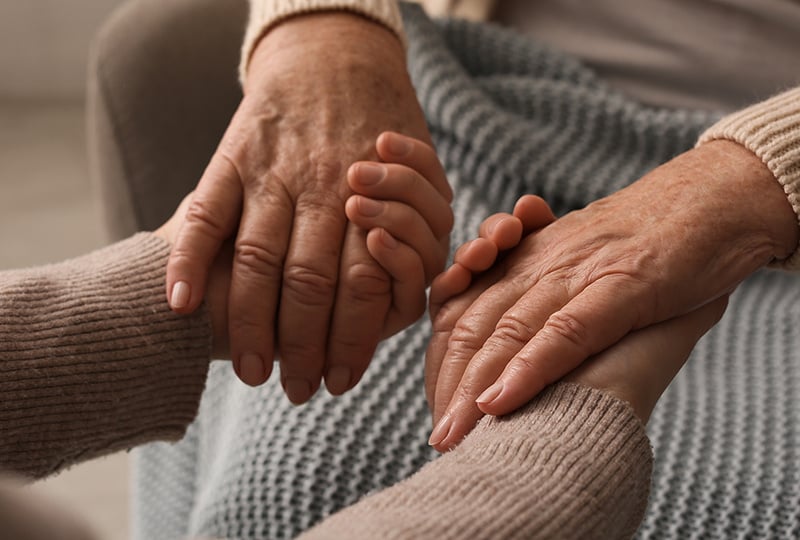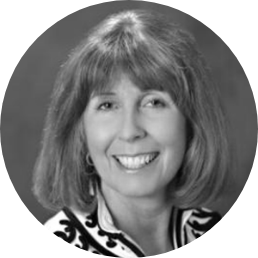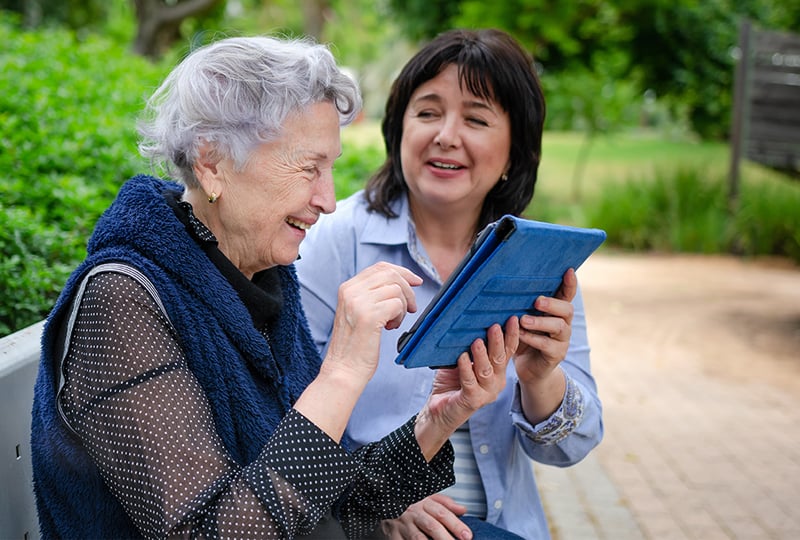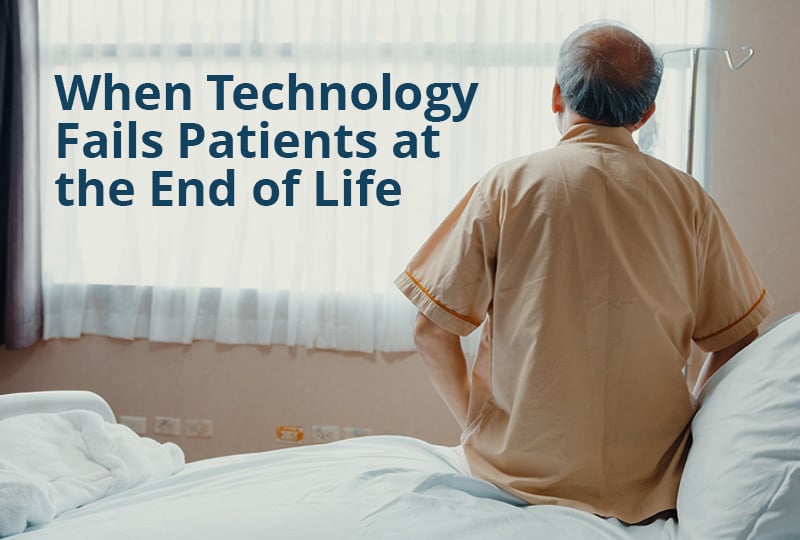
Conversation Starters
Finding openings for discussions to make definitive plans
By Debbie Ahl, Senior Advisor, MyDirectives
The topic of death and dying does not come naturally to us. And yet it is so important to ensure that the end of life is a good experience for the individual, their family, and their friends.
For family members, people don’t like to think about their own mortality. This can make it a very delicate situation when a son, daughter, or other relative wants to raise the topic. It may be so uncomfortable that the conversation never takes place.
Physicians, who have to deal with all kinds of difficult discussions with their patients, also struggle with opening that conversation – often not wanting their patients to get the wrong impression if they are nowhere near the end of life, and otherwise not wanting to tackle a tough subject when the individual is in good health and leading a busy life. But not approaching the subject does no favors.
So why is bringing up this topic so important? The answer is simple. It’s planning for the inevitable, even if it seems a million miles away. It’s important that an advance care plan, advance directive, or portable medical order (sometimes called POLST), be created ahead of time that allows the individual’s wishes to be known and considered in the event of illness or critical injury that may lead to death. These documents can help avoid unwanted or unnecessary treatments or interventions. It’s also important to the family, so they might be at ease knowing plans are in place. Moreover, it may alleviate the stress of caregivers.
A Kept Promise Leads to Important Conversations
Here’s a personal example of why advance care plans are so important. As soon as the Canadian border opened after COVID-19, I kept a promise I made to my elderly aunt and drove to Regina, Saskatchewan to visit. My mom, who was her older sister, had passed away two years earlier, and two other sisters before that. Only one brother remained. It was a 20-hour drive, but driving seemed to be my only option. That’s because COVID tests required to get across the border sometimes took 72 hours plus to process, and they could be no older than 72 hours. I could not figure out the logistics of catching a plane within those criteria, so I opted to drive east from Bellingham, Washington, until I had my results, at which time I would cross at the nearest border station.
I had a lovely few days driving out to the family village of Cupar, Saskatchewan during the daytime and visiting with my aunt in assisted living in the late afternoon and evening. It was a trip of wonder for me, going through the Cupar museum, and meeting younger elders who had known my family. My husband had gotten a great deal on and booked me a room at the Hotel Saskatchewan, where my family had celebrated major life events and my grandfather had worked a retirement gig as a night clerk in the 1950s and 60s. I could sit with a glass of wine in the lobby bar and envision him at the reception counter.
On the last evening of our visit as I sat with my aunt, a retired pediatrician who had never had children of her own, she took my hand, an action very unlike her. “This will probably be the last time we see each other, Debbie,” she said. And the door opened for me. My somewhat rigid aunt, who was amazingly warm and loved by her patients and their families, proved to be difficult to get to know by our own family. But with that opening, I could say all the things I was feeling, thanking her for books she had introduced me to, for taking me to Ireland when I was 21, for the joy I felt in pursuing family history.
We talked, and cried, and laughed, while she stroked my hand over and over. While I hoped there might be yet another chance for me to see her, that was not the case, and she passed soon after my visit. And the richness of those moments with one of the last remaining members of my mom’s generation will never leave me.
Having these conversations, perhaps earlier than the last evening together, offers all kinds of openings for discussion, including what someone might want or not want with a memorial, what people, photos, or music they may want in their last hours. And a definitive plan of what types of healthcare interventions are desired – and not desired.
The Importance of Healthcare Providers in Advance Care Planning
Regarding physicians, nurses, and other healthcare professionals and their role in important conversations, two stories come to mind.
The first is that of my sister-in-law’s father – a lovely man who spent many holidays with our family. Despite being a non-smoker, he had serious lung cancer that required aggressive chemotherapy. Treatment went well, and he had many years in good health. Unfortunately, the cancer returned. He visited his oncologist (coincidentally, the same doctor I had for my first bout of breast cancer) and energetically asked when this next chemo would get started. “Dave,” our oncologist gently said, “remember when I told you there would be a time when it would be best to have a glass of wine while visiting with your family and decide what was most important to you? It’s time to pour that glass of wine.”
While it was difficult news, Dave and his family were most appreciative of this advice. While, of course, following up with more questions on potential treatment options, he had well-rounded conversations of what was most important to him and his family in their lives. And ultimately, they decided against further treatment, but lived each day to the fullest – and only with the BEST wines.
Another story is that of a physician I heard speak at a conference. She said that with every single new patient, and with every patient once a year, she simply said, “This is something I ask of ALL my patients. It has nothing to do with age or health status. It’s just something I think is important.” She would then provide them with an advance care planning tool, and offer to support their completion with it, or discuss it with them after they had completed it with their family. As. Simple. As. That. And it makes no difference of age or health status. As she said, “This is something I ask of ALL my patients.”
Conversations like this are never easy, whether with loved ones, patients, or facility residents. But make no mistake, they are immensely important and filled with the richness of life, love, and experiences, even if they are ultimately about the end of life.
To create your own free advance care plan, set up your account today at https://app.mydirectives.com. For providers or payers wishing to integrate MyDirectives into your workflow to provide better person-centered care, contact us for more information.
Let’s get started on digital ACP together
Secure, Interoperable, Accessible.
MyDirectives offers the only digital advance care planning (ACP) tools and interoperable cloud-based storage that is HITRUST Risk-Based 2-year Certified.







